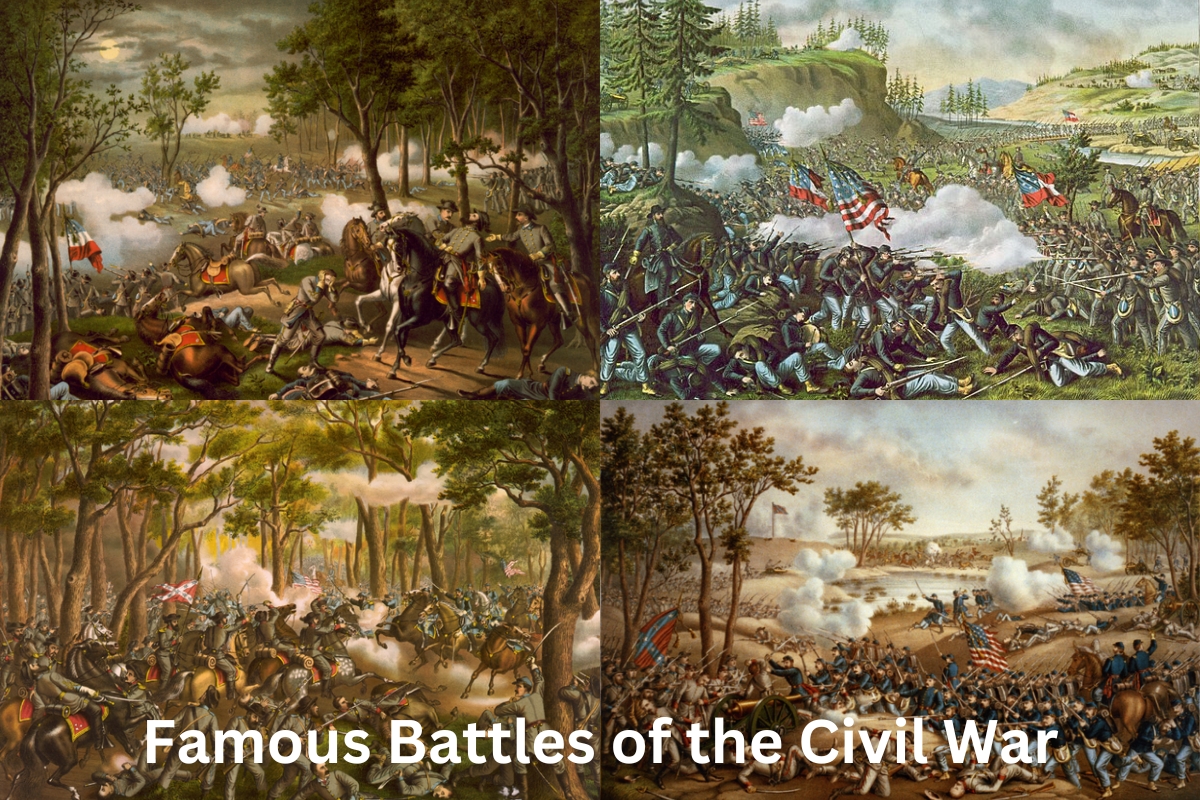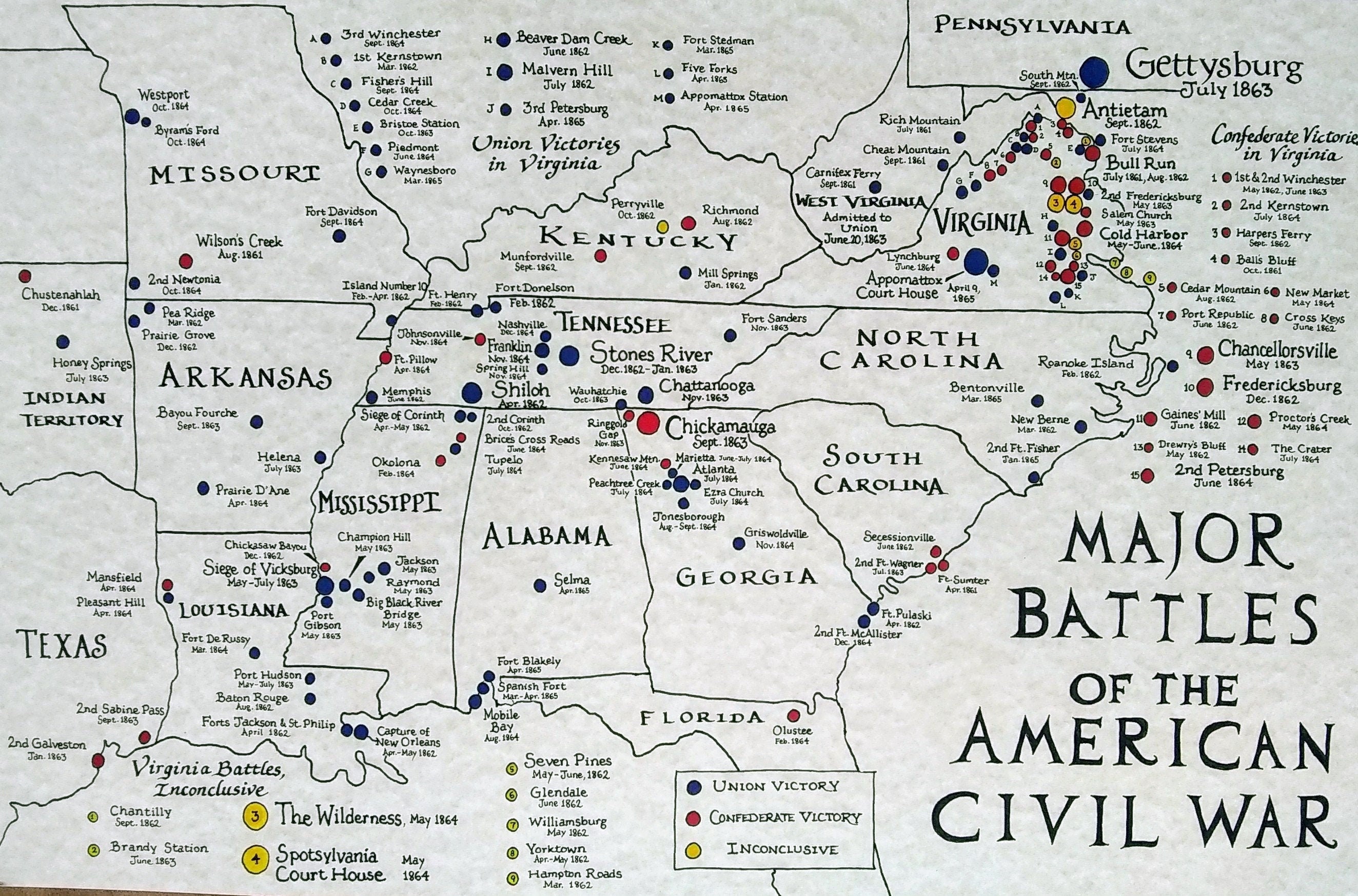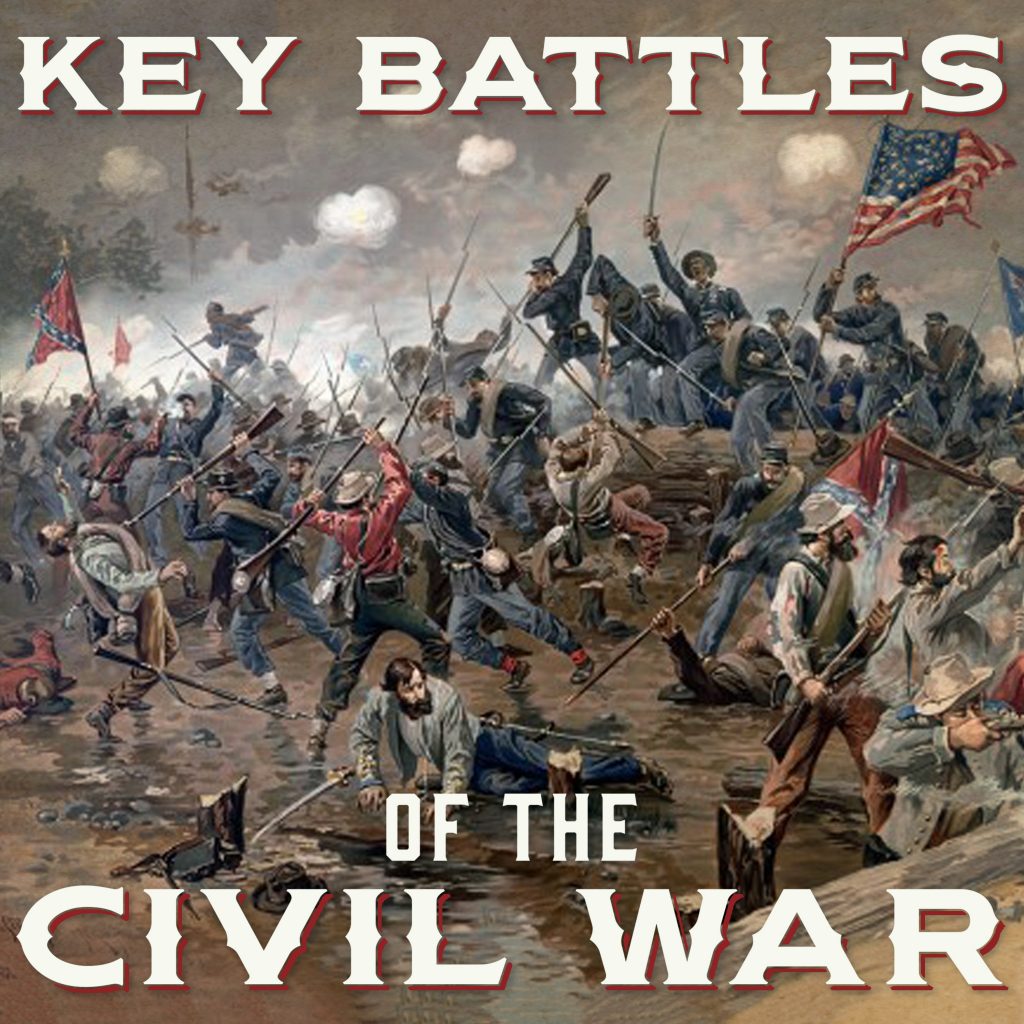
Echoes in the Soil: America’s Legends Forged in Civil War Fire
America, a nation perpetually reinventing itself, is nonetheless deeply rooted in its past. Its vast landscapes, from the craggy peaks of the Rockies to the sun-drenched plains, are not merely geography but canvases upon which generations have painted their stories. These narratives, often blurring the lines between fact and folklore, form the rich tapestry of American legends. Yet, no chapter of the nation’s history has proven a more potent crucible for myth-making than the American Civil War. The brutal, fratricidal conflict, tearing the country asunder from 1861 to 1865, bequeathed to the land a legacy of sacrifice, heroism, and haunting echoes that continue to shape the American imagination.
To understand American legends is to grasp the nation’s enduring quest for identity. Unlike the ancient epics of Europe or the indigenous creation myths, American legends often spring from historical events, glorifying pioneers, outlaws, and soldiers, transforming their deeds into archetypal tales of courage, resilience, and sometimes, tragic folly. From the westward expansion that birthed figures like Paul Bunyan and Pecos Bill, to the Revolution’s tales of George Washington and the cherry tree, these stories are more than mere entertainment; they are the mnemonic devices of a young nation, seeking to define its character and draw lessons from its trials.
The Civil War, however, stands apart. It was not a struggle against a foreign foe, but a cataclysmic internal rupture that pitted brother against brother, neighbor against neighbor. The sheer scale of the conflict, with over 600,000 casualties – more than all other American wars combined until Vietnam – imprinted itself indelibly on the national psyche. The battlefields, soaked in the blood of young men from both North and South, became hallowed grounds, fertile soil for legends that transcend mere historical recounting, delving into the realms of the spectral, the heroic, and the deeply tragic. As Abraham Lincoln famously articulated in his Second Inaugural Address, speaking of the war’s immense cost, "Fondly do we hope—fervently do we pray—that this mighty scourge of war may speedily pass away." Yet, the scars, and the stories they spawned, would endure for generations.

Consider the sprawling fields and rocky ridges of Gettysburg, Pennsylvania. Here, in July 1863, the Union Army decisively repelled the Confederate invasion, marking what many historians consider the turning point of the war. But Gettysburg is more than a historical site; it is a landscape saturated with legend. Visitors to Little Round Top, where Colonel Joshua Lawrence Chamberlain’s 20th Maine valiantly held the Union flank against repeated Confederate assaults, often speak of an eerie silence, broken only by the wind, yet pregnant with unseen presences. The bravery of Chamberlain’s men, fixing bayonets and charging downhill into the Confederate lines when ammunition ran out, is a legend of tactical brilliance and raw courage that resonates to this day, a testament to individual heroism amidst the chaos.
Further down the line lies Devil’s Den, a jumble of massive boulders where fierce fighting raged. Here, tales abound of spectral Confederate sharpshooters still lurking among the rocks, or the mournful cries of wounded soldiers echoing through the twilight. The "Triangle Field" and the "Wheatfield" nearby are said to be particularly active, with reports of phantom cavalry charges and the distinct smell of gunpowder. These aren’t just ghost stories; they are the collective memory of a brutal engagement, the land itself seemingly unable to forget the horror it witnessed. The sheer human cost – over 51,000 casualties in three days – imbued the very ground with a sense of the sacred and the tragic, transforming it into a living monument of legend.
Beyond Gettysburg, the Western Theater of the war holds equally potent, if sometimes less celebrated, legends. Take Shiloh, Tennessee, a relatively obscure church that lent its name to one of the war’s bloodiest early battles in April 1862. The surprise Confederate attack caught Ulysses S. Grant’s Union forces unprepared, leading to two days of horrific, often hand-to-hand, combat. Here, the "Hornets’ Nest," a sunken road fiercely defended by Union troops, became a legend of unyielding defiance, the air thick with bullets sounding like a swarm of angry insects. But perhaps the most enduring legend of Shiloh is that of the "Bloody Pond." Local lore insists that after the battle, the pond, where wounded soldiers crawled to quench their thirst, ran red with blood for days. While scientifically improbable, the image captures the visceral horror of the battle, a potent symbol of suffering that persists in the collective imagination. The suddenness and ferocity of Shiloh, a battle that left General William Tecumseh Sherman remarking, "The scenes on this field would have cured anybody of war," cemented its place in the pantheon of America’s haunted battlegrounds.
Yet, legends born of the Civil War are not solely about the supernatural or the grim specter of death. Many recount tales of extraordinary human endurance, selflessness, and the forging of character under immense pressure. The story of Clara Barton, who braved battlefields to nurse the wounded and later founded the American Red Cross, is a legend of compassion and tireless service. Her tireless efforts, often under fire, brought order and solace to the chaotic aftermath of battles, her dedication a beacon of hope in a time of despair. Similarly, the exploits of individual soldiers, often unsung in official histories, became localized legends of bravery, passed down through families and communities. The tale of Sergeant William Carney, a Black soldier of the 54th Massachusetts Infantry, who, though grievously wounded during the assault on Fort Wagner, refused to let the American flag touch the ground, became a powerful legend of courage and patriotism, earning him the Medal of Honor.
The very figures of the war’s most prominent generals, Robert E. Lee and Ulysses S. Grant, also became subjects of national legend. Lee, the embodiment of the "Lost Cause" myth, was lionized in the South as the noble, tragic hero, a military genius fighting for a doomed cause. Grant, initially viewed as a butcher by some, rose in Northern legend as the determined, pragmatic victor, the man who saved the Union. While historical scholarship continually re-evaluates these figures, the legends they inspired – of duty, honor, leadership, and perseverance – continue to resonate, shaping perceptions of American character and leadership.
The enduring power of these Civil War legends lies in their ability to connect us to a past that, though distant, feels intensely personal. They are more than mere historical footnotes; they are narratives that grapple with fundamental human experiences: life, death, loyalty, betrayal, courage, and fear. They serve as cautionary tales about the costs of division and as celebrations of the human spirit’s capacity for resilience. The mist-shrouded fields, the quiet groves, the weathered monuments – all stand as physical reminders, but it is the legends, whispered and retold, that truly animate these spaces.
In a journalistic sense, these legends are the "soft news" of history, the human-interest stories that give context and emotional weight to the "hard facts" of dates and casualty counts. They are the means by which a nation processes its trauma, celebrates its heroes, and seeks meaning in its most defining struggle. They remind us that history is not just a collection of events, but a living, breathing narrative, perpetually reinterpreted and reimagined. The legends born from the American Civil War, whether tales of spectral soldiers or acts of extraordinary heroism, are not simply relics of the past; they are vital threads in the ongoing story of America, echoing still in the soil, in the wind, and in the collective memory of a nation forever shaped by its crucible of fire.



